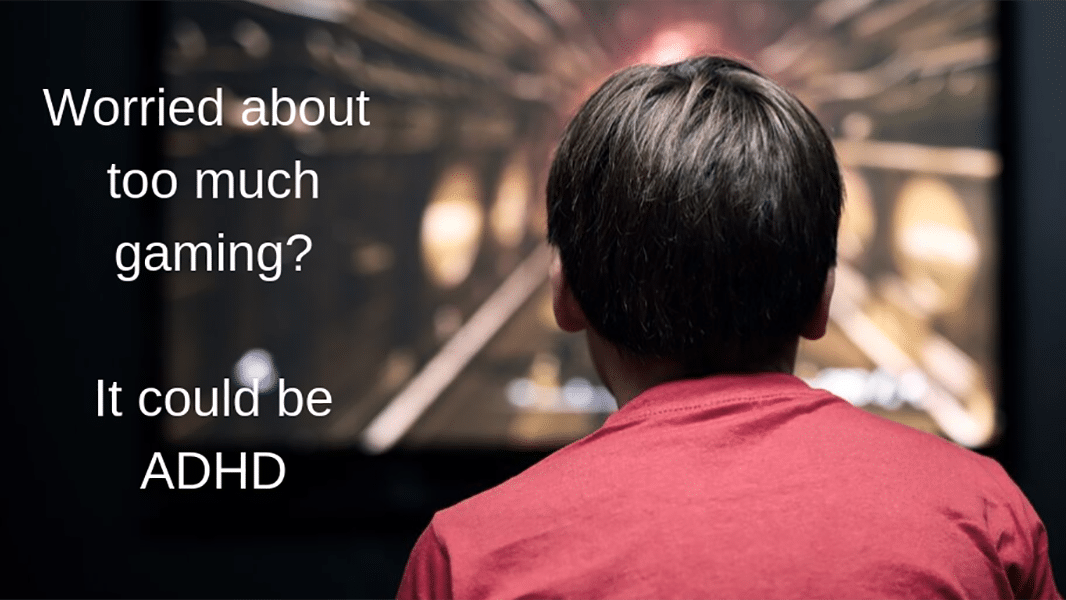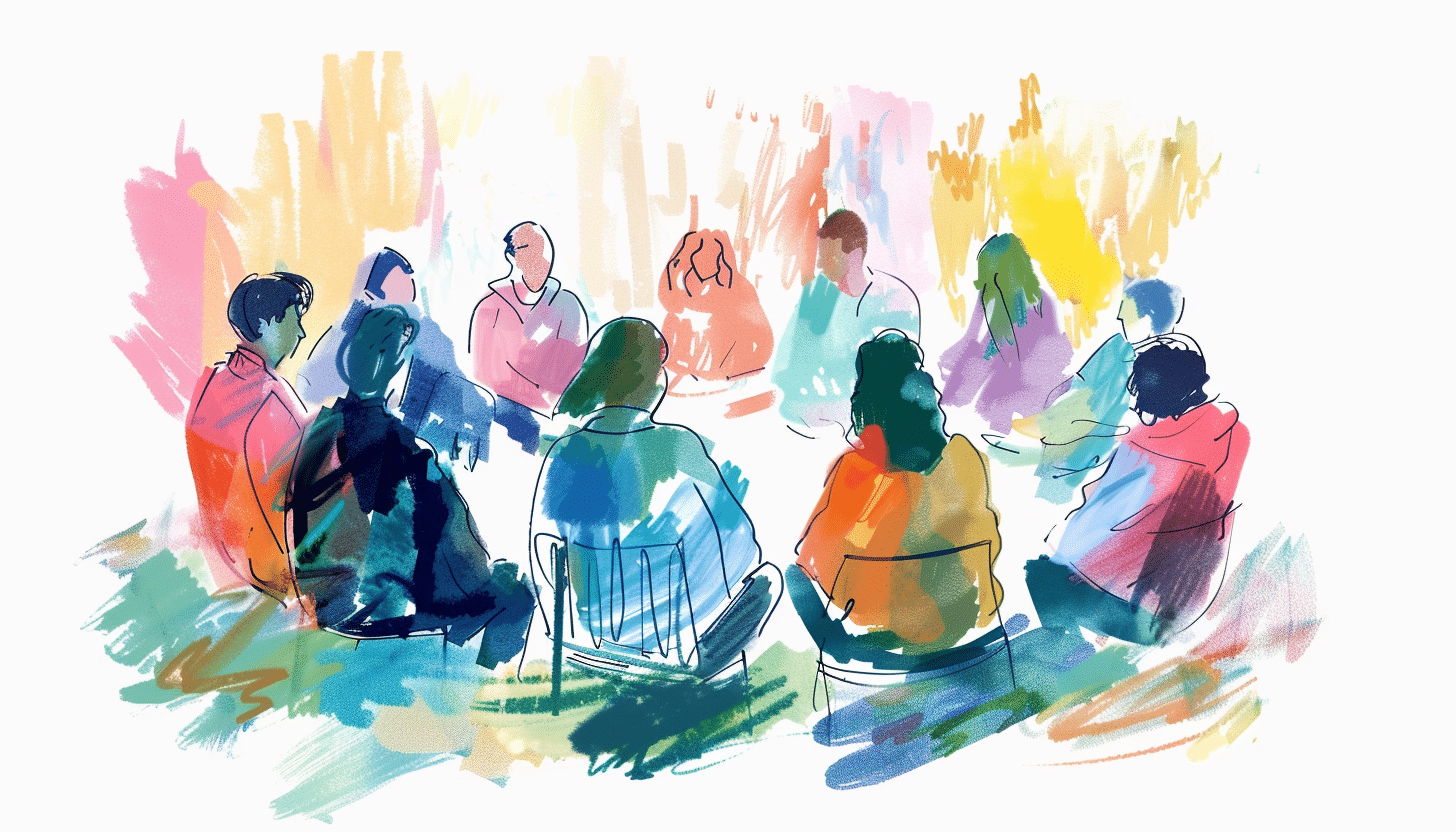Play has changed dramatically over the years—and so have our ideas about what it means to stay connected. For kids and teens, screens are commonplace, and gaming with friends seems to be the new pretend play that used to happen on bikes, in fields, or at the beach. But how much gaming is too much? Are you worried that you or your child is immersed in screens and missing out on other things? There are lots of reasons why gaming might become concerning and all-consuming—and ADHD is one of them. In this article, we’ll cover some basics about gaming and ADHD. Why is ADHD a risk factor for excessive gaming? And can treatment for ADHD help? (Spoiler alert: Yes, it can.)
Does ADHD mean more gaming?
Research on gaming in children, teens and adults is producing a consistent picture: ADHD is a big risk factor for excessive gaming. So, what does that mean, exactly? It means that when researchers study different levels of gaming in people signed up for research studies, the most intense gamers are the ones who also have symptoms of ADHD. So, if you or your child has ADHD and enjoys gaming, chances are very high that the gaming could become excessive.

Could intense gaming be causing ADHD?
If intense gamers also have symptoms of ADHD, could the gaming be causing poor attention? No—not according to science. Gaming doesn’t cause ADHD. It seems to be the other way around. Having ADHD increases your chances of becoming an intense gamer.
What is it about ADHD brains that make them susceptible to gaming?
Research is ongoing about what makes ADHD brains more eager for gaming. One big reason could be differences in reward sensitivity in brains with ADHD compared to brains without ADHD. In ADHD, the brain’s reward centres generally get excited with dopamine release after rewards are given, and not before. In individuals without ADHD, reward centres get excited long before rewards are even delivered. So just thinking about rewards can make a non-ADHD brain feel satisfied, and that makes patience and waiting for good things to come relatively easy!
If you’re old enough to remember the classic Carly Simon song, Anticipation, this is what we’re talking about here. Carly sings, “anticipation is making me wait.” For ADHD brains, nothing about waiting is satisfying. ADHD brains feel good when they get rewards—and they want those rewards right now! That’s exactly what video games deliver: rewards when you want them, and rewards when you need them—right here and right now.
Do game developers know all of this?
Game developers study psychology to keep players gaming. Overall, they try to keep players in a psychological state called Flow. Flow happens when goals are clear, there are some obstacles to create some tension (but not too much tension), and rewards are offered immediately to provide feedback about success.
Think about something you love to do. Maybe it’s running or painting. When you feel completely absorbed, in control, and lose all track of time, you’re likely “in the zone.” Psychologist Mihaly Csikszentmihalyi would say you are “in flow.” All brains love flow—whether those brains have ADHD or not.
Could gaming increase over time?
Yes, time spent gaming can increase over time. Research shows that enjoying the feeling of flow can keep gamers playing as they grow older. Persistent ADHD symptoms are also associated with increased gaming over time.
Will ADHD treatment help?
When ADHD is in the mix, simple solutions like “Just unplug!” are probably not going to work. Studies show that medication treatment for ADHD can help decrease cravings and time spent gaming. But, like all interventions for ADHD, combined treatments with both pharmacological and behavioural approaches are most effective.
What are the next steps?
If you have concerns about your child or teen’s gaming, or your own, a thorough assessment of screen time and attention is strongly recommended. Contact the Possibilities Clinic and ask about our ADHD and Gaming Assessment for children, teens, and adults. Following our assessment, a team of clinicians will work with you and your family to develop and implement a treatment plan.
Want to learn more?
October is ADHD Awareness month. Our experts at the Possibilities Clinic will be speaking at conferences in Toronto about ADHD and Gaming.
Dr. Doron Almagor, a Child, Adolescent and Adult Psychiatrist and Chair of CADDRA, Canada’s national organization for medical and allied health professionals working in ADHD, will be speaking at the 11th Annual CADDAC Conference for parents, teachers and other ADHD advocates on October 20, 2019 in Toronto.
Dr. Almagor will also be presenting this information to medical and allied health professionals at the 15th Annual CADDRA Conference in Toronto with Possibilities Clinic psychologists, Dr. Douglas Schmidt and Dr. Brenda Miles, on October 4, 2019.










